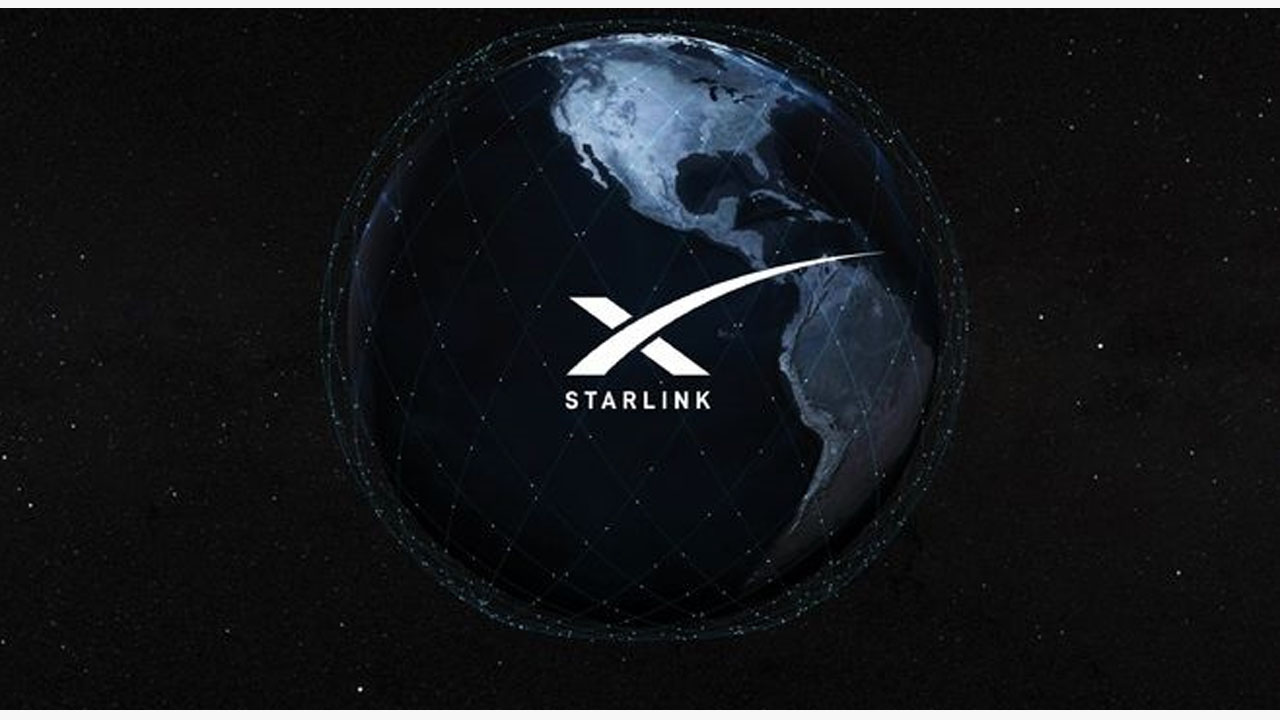South Korea’s upcoming space missions are expected to rely more on SpaceX launches than Russia’s Soyuz rockets in the next few years due to economic sanctions against Russia, several South Korean aerospace experts have warned.
Since South Korea started its early space exploration activities, Russia has been its most important partner in space exploration. The two sides have even signed a contract to launch the multi-purpose satellite Arirang 6 on the Angara rocket and the next-generation medium-sized satellite 2 on the Soyuz before the end of this year.
Join tip3x on Telegram
However, the Korea Academy of Science and Technology Assessment and Planning recently released a report saying: “The Ukraine crisis will have a direct impact on South Korea’s aerospace industry, and Russia may retaliate against increased sanctions from the United States and Western countries.”
Most Korean aerospace experts expect South Korea to rely more on SpaceX for space missions, which is inevitable. South Korea will not be able to use Russian rockets for several years.
Moreover, SpaceX’s reusable Falcon 9 rocket has been used by the Korea Aerospace Research Institute (KARI) to launch the Korea Pathfinder Lunar Orbiter (KPLO) this year, and the South Korean military will launch its self-developed reconnaissance satellite in late 2023.
 Under KARI’s 2017 contract with SpaceX, the lunar orbiter will be moved to Cape Canaveral, Florida, next month, where it will be launched by Falcon 9 on July 31, local time. After entering lunar orbit in January next year, KPLO will conduct various scientific experiments for a period of one year.
Under KARI’s 2017 contract with SpaceX, the lunar orbiter will be moved to Cape Canaveral, Florida, next month, where it will be launched by Falcon 9 on July 31, local time. After entering lunar orbit in January next year, KPLO will conduct various scientific experiments for a period of one year.
Furthermore, the South Korean military signed a contract with SpaceX last year to launch five consecutive reconnaissance satellites by the end of 2025. In July 2020, the South Korean military’s first communications satellite called Ansis-II was launched by Falcon 9.
Based on the expectation that more reliance on SpaceX will increase the cost of South Korea’s space exploration projects, domestic experts have called for speeding up the pace of self-developed rockets.
Other experts have also warned that South Korea will face setbacks in launching satellites in due course as more countries look to use SpaceX’s rockets instead of Russian ones. The SpaceX rocket is said to be fully booked for the next 18 months.








